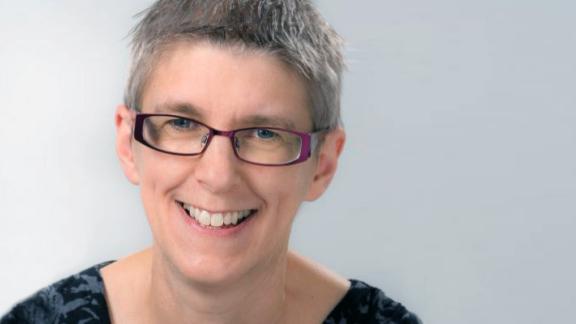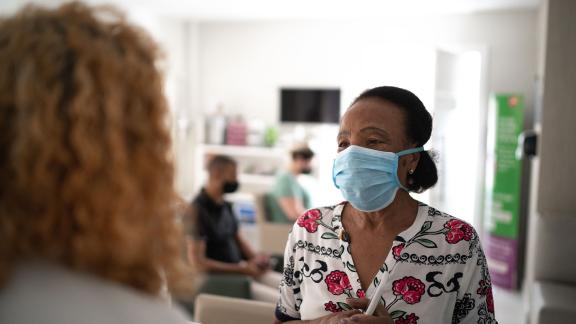Rebuilding MSK services – a longer-term vision for MSK health

As we begin to clear the huge backlog in musculoskeletal services, Sue Brown, CEO of the Arthritis and Musculoskeletal Alliance (ARMA) considers the longer-term challenge of building something better than what went before.
Musculoskeletal (MSK) services were not realising their potential before the pandemic struck. Lengthy and increasing waiting times, delays in diagnosis, and people with complex conditions often cycling between services without getting any of the support they needed. Then came the pandemic and all but urgent and emergency services were paused. How do we clear the resulting backlog and build something that can deliver better in the long term? To do this, we need a complete rethink of approach.
I’m optimistic that we are now at a point where such a rethink can happen. The policy direction in the NHS with the development of integrated care systems (ICS), provider collaboratives and the drive for integration is surely the right direction. And for MSK, there is a new BestMSK Health Collaborative, known as the BestMSK Health programme, providing a real drive to move things in a different way.
There are five things we need to get right.
1. Co-production
If it doesn’t work for patients, it simply doesn’t work. Engaging people with lived experience in designing changes should not be optional, and neither should it be about consultation once plans have been made. It’s about making sure there are people in the room who understand what it is like to use services every step of the way. One of the things I have enjoyed most about my work in the last year has been working with lived and learned experience in partnership and valuing each other’s perspectives. We had rich discussions and the results were stronger for it.
2. Third sector
At every level, the third sector is vital to the healthcare sector’s next chapter. During the pandemic, patient organisations stepped up their support as the NHS implemented its emergency response. Patient helplines dealt with a massive increase in calls from desperate people unable to get what they needed from the NHS. Patient charities responded quickly and innovatively, moving services online and stepping up helplines. Our patient member organisations have expertise in self-management, peer support, coproduction and service improvement. Every ICS should embrace this contribution.
3. Prevention
Prevention is too often seen as a long-term ambition not the role of the NHS; something to do once we’ve sorted the really important bits of the system. Yet if we don’t turn off the tap of ever-increasing need, we can’t hope to solve the problems in the rest of the system. That needs the NHS fully engaged, working in partnership with local government, leisure services and third sector. Prevention isn’t all long term: get people with joint pain moving more and they will see results fast. Public Health England has identified interventions with a positive return on investment. Every ICS should ensure these are available.
4. Primary and community
Secondary care is important. It is also expensive – a scarce resource we can’t afford to waste – and, for many people, difficult to access. Yet community services are in most ways the poor relation. We need to invest in them, value them and prioritise them. People with long-term conditions live with them every day, impacting their lives, families, work and social activities. They need services that are located where they live and that are easy to access, responsive and personalised.
5. Workforce
Workforce is critical and as much of a challenge in MSK as the rest of the NHS. ICSs need to harness everyone who can contribute to MSK health and use them appropriately. ARMA has produced a guide to the workforce directly relevant to MSK services. It includes professionals you may never have considered, such as sport and exercise therapists. But in my view the MSK workforce is even wider than this. Every gym, leisure centre, local sport club and walking group is contributing to the MSK health of the local population. They are part of your MSK services and their staff need to be considered part of the solution.
I am well aware of the challenges facing MSK services. The pandemic has left an exhausted workforce and huge numbers of patients in desperate need. I don’t underestimate the practical and emotional challenges of the coming months.
But if we can raise our sights and look a little further ahead, I think there is a vision of what could be. As we work to clear the backlog, and to support those waiting, we must also keep our sights on that longer-term vision. Because it’s not enough to recover, we have to build something that works.



